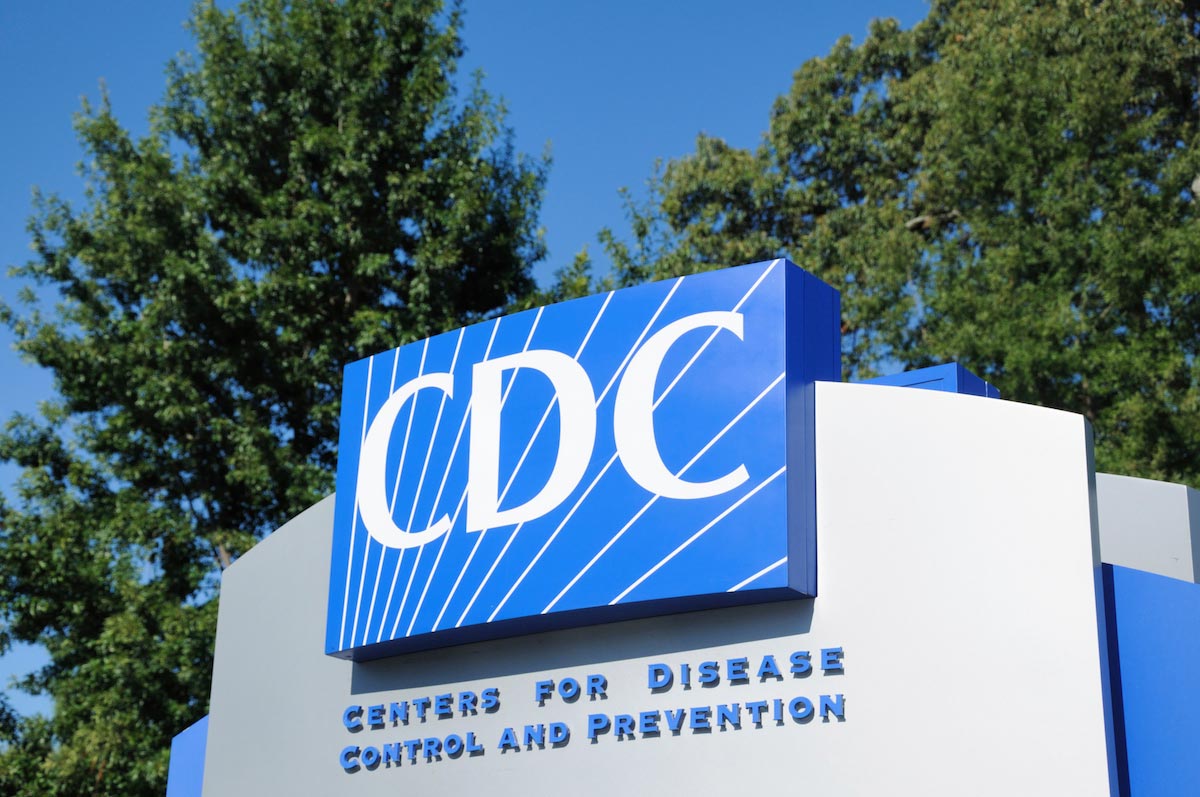Try harder: Study seeks to discredit the benefits of vitamin D, despite MULTIPLE studies that say otherwise
05/04/2020 / By Isabelle Z.

Any time something natural gets attention for its health benefits, there are always naysayers trying to discredit the evidence – usually when financial interests are involved – and that appears to be the case with a new anti-vitamin D study that was published in JAMA Cardiology. After all, it’s a vitamin that has been proven time and time again to enhance health in so many ways.
The meta analysis looked at 21 clinical trials involving 83,000 people to reach its conclusion. The team of researchers from Michigan State University said they wanted to explore the connection between low levels of vitamin D and heart attack risk after previous studies showed that not having enough of the vitamin may be linked to a higher risk of cardiovascular disease events.
The researchers said they were surprised to find that there was no difference between those taking vitamin D supplements or a placebo in terms of participants’ cardiovascular event risk. However, other researchers have said that having lower levels of vitamin D is indeed a risk factor for heart disease and that large clinical trials in the years to come should help to better determine whether raising vitamin D levels in those who are deficient could prevent a heart attack.
It’s already been established that Vitamin D has lots of proven health benefits. Responsible for facilitating healthy immune system function, it also helps regulate your body’s absorption of calcium and phosphorous, in addition to helping your bones and teeth.
For example, a study published in 2008 in the journal Circulation showed that it can reduce your odds of developing heart disease. A 2010 study in the American Journal of Clinical Nutrition found that it can lower your chances of getting the flu, while a 2006 study in the Journal of the American Medical Association showed that it reduces a person’s risk of multiple sclerosis.
It can also help to regulate your mood and prevent depression. Studies have shown that people with depression who supplement with vitamin D can see improvements in their symptoms. Low levels of vitamin D, meanwhile, have been linked to depression and anxiety.
It can even help with weight loss, with one study showing that people who take vitamin D and calcium daily lost more weight than those who took a placebo supplement. In that study, the researchers identified the ability of calcium and vitamin D to suppress appetite as being behind the effect. This is an important benefit in terms of heart health because being overweight puts you at a far greater risk of cardiovascular disease and other heart-related problems.
A different study showed that people who were overweight that took a supplement of vitamin D every day were able to improve their risk markers for heart disease.
Studies have even indicated that people with low levels of vitamin D have a greater chance of dying from coronavirus, which is supported by past research showing that having a healthy level of the vitamin can reduce your risk of respiratory infection.
Are you getting enough vitamin D?
Given vitamin D’s power to do so much for your health, it’s not surprising that drug makers might feel threatened by it. However, there is such a huge body of evidence pointing to its benefits that any attempts to dismiss it are bound to fail.
If you’d like to get the health benefits of vitamin D, it may just be a matter of stepping outside. That’s because the sun essentially tells your body to start creating it. In fact, deficiencies are common and have been on the rise as more and more people wear sunscreen religiously. Going outside with some skin exposed for a little while each day – 15 to 20 minutes three times a week is enough in many parts of the U.S. – can help your body boost its production of this all-important vitamin.
There’s no question that vitamin D is beneficial, and it has never been a better time to make sure you’re getting enough of it!
Sources for this article include:
Tagged Under: cardiovascular disease, coronavirus, Flu, heart disease, heart health, nutrition, sun, supplements, vitamin D, weight loss
RECENT NEWS & ARTICLES
COPYRIGHT © 2017 SCIENCE CLOWNS



















